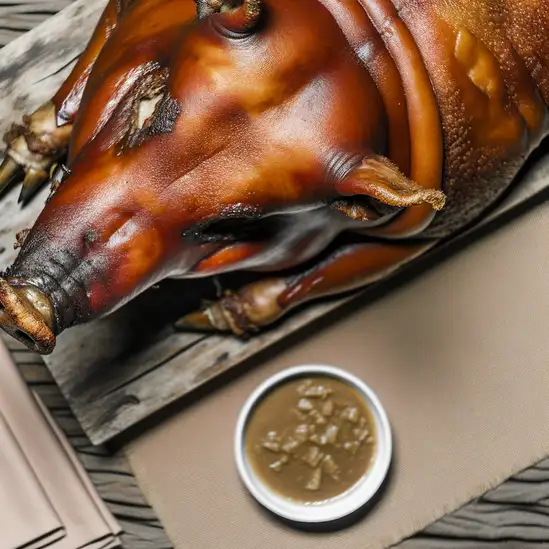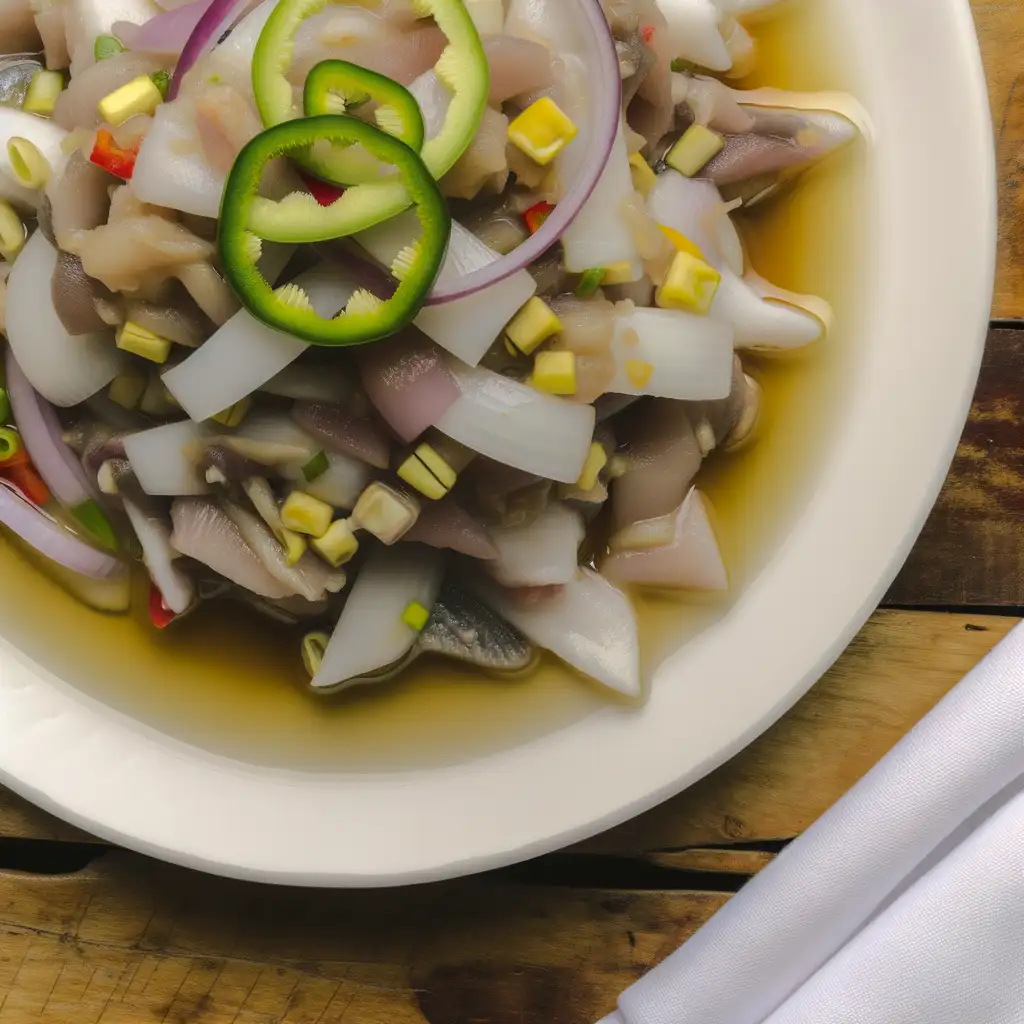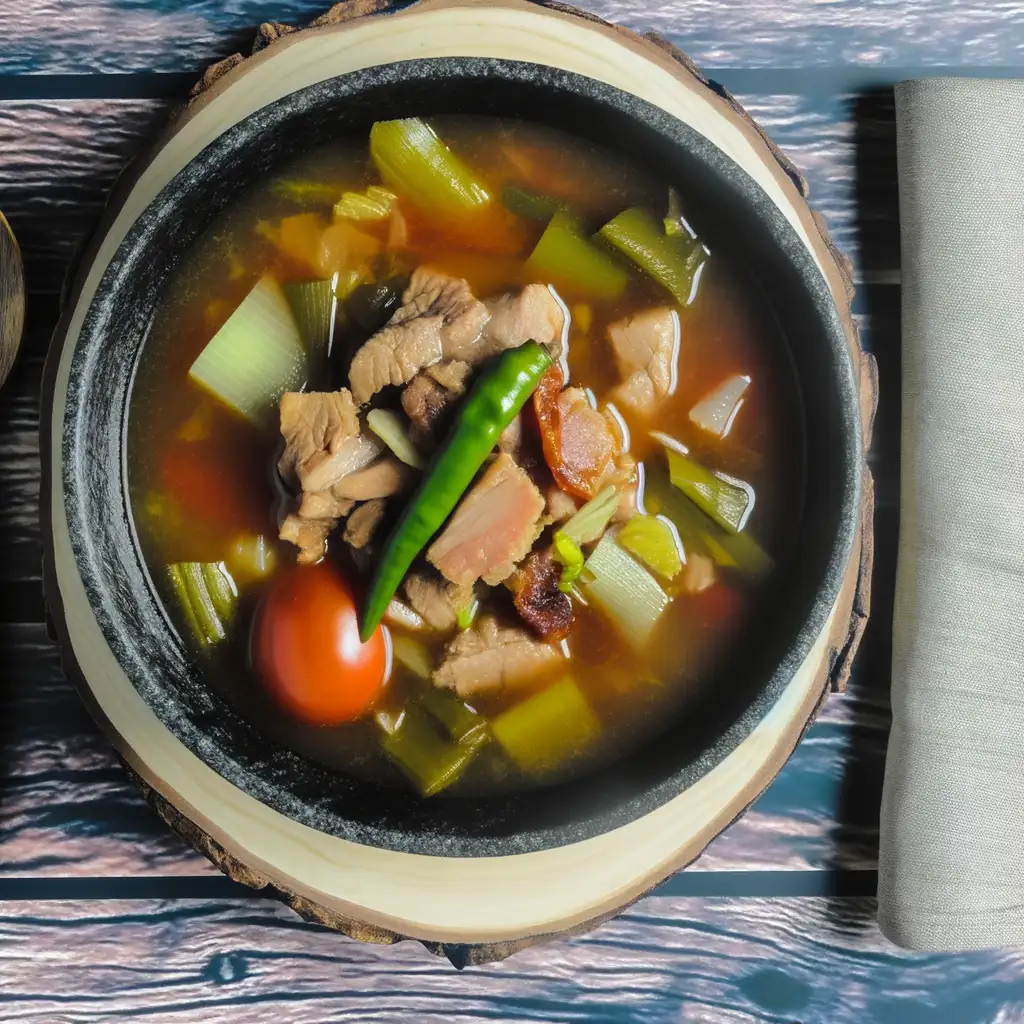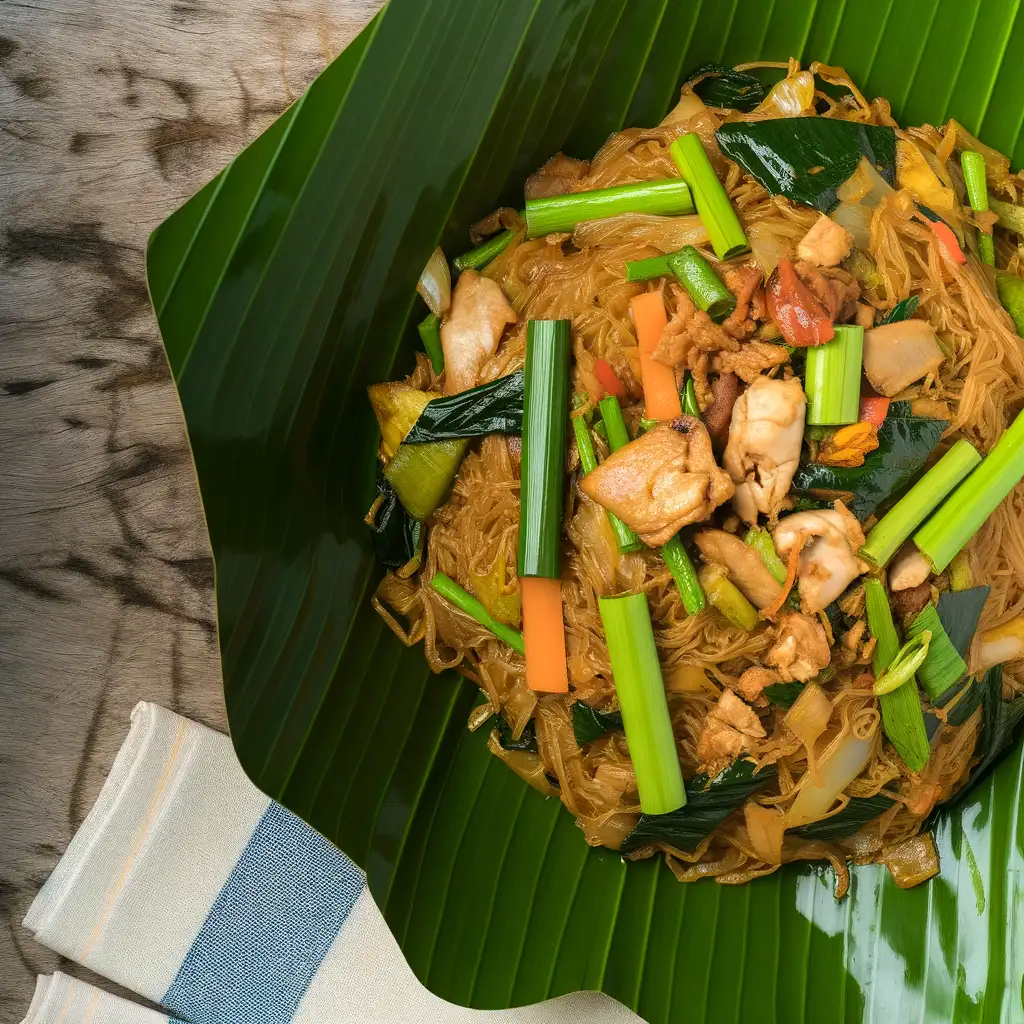



If you ever find yourself craving a place where vibrant city life meets the soothing embrace of nature,Davao City is where you want to be. The moment you step off the plane,there’s this warm,welcoming energy that wraps around you—like the city itself is inviting you to slow down and savor every moment. The air carries a subtle mix of tropical blooms and the faint,salty hint of the nearby sea,while the streets buzz with a friendly hum of jeepneys and chatter in a melody of languages. Walking through Davao,you’ll notice how the city wears its culture proudly. From the colorful street markets where vendors call out their fresh fruits—imagine biting into a perfectly ripe durian or sweet mangosteen—to the lively festivals that fill the streets with traditional music and dance,there’s a genuine sense of community and pride here. The locals’ warmth is infectious; they’re eager to share stories about their heritage and the natural wonders surrounding the city. What really sets Davao apart is how effortlessly it blends urban charm with wild beauty. You can spend your morning exploring bustling markets or museums,then head out to the foothills of Mount Apo,feeling the cool breeze and hearing the rustle of leaves. It’s a place where adventure and relaxation coexist,and every corner invites you to discover something new—whether it’s the taste of a local delicacy or the sight of a breathtaking sunset over the gulf.
The information on this page is currently being reviewed by Tripkliq and should be used as a guide only
Eng word: Hello
Eng pronunciation: Hello
Local language: Hello
Eng word: Goodbye
Eng pronunciation: Pah-ah-lahm
Local language: Paalam
Eng word: Thank you
Eng pronunciation: Sah-lah-maht
Local language: Salamat
Eng word: How much
Eng pronunciation: Tag-pee-lah
Local language: Tagpila
Eng word: Toilet
Eng pronunciation: Kah-sil-yas
Local language: Kasilyas
Eng word: Help me
Eng pronunciation: Tah-bahng-ee koh
Local language: Tabangi ko
Eng word: Yes
Eng pronunciation: Oh-oh
Local language: Oo
Eng word: No
Eng pronunciation: Dee-lee
Local language: Dili
Eng word: Excuse me
Eng pronunciation: Pah-sigh-loh-ah koh
Local language: Pasayloa ko
Davao City was officially founded on March 16,1937 by the American colonizers.
Rodrigo Duterte, who later became the President of the Philippines, served as the Mayor of Davao City for over 22 years.
The Kadayawan Festival, held annually in Davao City, celebrates the bountiful harvests and culture of the indigenous tribes in the region.
During World War II, Davao City was occupied by the Japanese forces from 1942 to 1945.
Mount Apo, the highest peak in the Philippines, is located near Davao City and is a popular destination for hikers and mountaineers.
Davao City has gained a reputation for its strict enforcement of laws and policies, resulting in relatively low crime rates compared to other cities in the Philippines.
Davao City is known for its diverse population, with a mix of indigenous tribes, migrants from other parts of the Philippines, and expatriates from different countries.
Davao City has experienced significant economic growth in recent years, attracting investments in industries such as agriculture, tourism, and business process outsourcing.
Davao City is known for its efforts in environmental conservation, with initiatives such as the banning of plastic bags and the establishment of eco-friendly practices.
In Davao City, the most common Power Adaptor is Type A, Type C.



Roasted whole pig, known for its crispy skin and tender meat. Davao is known for its delicious lechon, often served during special occasions.

A Filipino ceviche made from fresh raw fish marinated in vinegar and citrus juices, often mixed with onions, ginger, and chili. Davao's coastal location makes it a great place to enjoy fresh kinilaw.

Grilled tuna jaw, a local delicacy that highlights Davao's rich seafood offerings, often marinated and served with a dipping sauce.

A sour pork soup made with tamarind, tomatoes, and various vegetables, sinigang is a comforting dish that showcases the local flavors of Davao.

A traditional noodle dish served on a banana leaf, typically made with stir-fried noodles, vegetables, and meat, showcasing the local culinary style.

A popular dessert made from young coconut, pandan-flavored jelly, and sweetened cream, perfect for cooling off in Davao's warm climate.

Known as the 'king of fruits', durian is famous for its strong odor and unique taste. It's a must-try when in Davao, where it is abundantly grown.
Imagine stepping into a place where history hums through the streets and the ocean breeze carries the scent of salty adventure—that’s Cebu City for you. The moment you arrive,there’s this lively energy that wraps around you,a mix of old-world charm and modern buzz. You’ll find yourself wandering through colorful markets where the chatter of vendors blends with the aroma of freshly grilled street food—think sweet,smoky lechon sizzling over coals,tempting you at every corner.
Cebu’s character is a beautiful blend of the past and present. Ancient Spanish forts and centuries-old churches stand proudly alongside sleek cafes and vibrant street art. The city pulses with warmth,not just from the tropical sun but from the people who greet you with genuine smiles and stories. At night,the streets light up with music and laughter,and you can almost taste the festive spirit in the air.
What really makes Cebu unforgettable is how it feels alive in every sense. You can hear the waves crashing nearby,see the colorful jeepneys weaving through traffic,smell the tropical fruits at the market,and feel the warmth of the sun on your skin as you explore. It’s a place where culture,history,and everyday life blend seamlessly,inviting you to dive in and experience its vibrant soul firsthand.
If you ever find yourself craving a place where nature’s calm meets a laid-back island spirit,Puerto Princesa is where you want to be. The moment you step off the plane,there’s this warm,salty breeze that wraps around you,carrying the faint scent of the sea and tropical blooms. It’s a city that doesn’t rush — people move with a gentle rhythm,and the streets hum softly with the chatter of locals and the occasional strum of a guitar from a nearby café. It feels like a breath of fresh air,both literally and figuratively.
What really makes Puerto Princesa stand out is its deep connection to nature. The famous Underground River is just the beginning — lush mangroves,crystal-clear waters,and vibrant coral reefs surround the city,inviting you to explore. You can hear the calls of exotic birds in the morning and watch fishermen bring in their catch as the sun dips low,painting the sky in shades of pink and orange. The food scene here is a delightful surprise too — fresh seafood grilled right on the beach,sweet tropical fruits bursting with flavor,and local dishes that tell stories of the sea and the land.
But beyond the sights and tastes,it’s the people who make Puerto Princesa unforgettable. Their warmth and genuine smiles make you feel like you’re not just visiting,but truly welcomed. Whether you’re wandering through the bustling market or sharing a laugh with a vendor,there’s a sense of community that lingers long after you leave. It’s a place that invites you to slow down,soak in the simple joys,and leave with a heart full of stories.
Manila is this vibrant,bustling heart of the Philippines that grabs you the moment you step off the plane. There’s an energy here that’s both chaotic and warm,like the city is alive and breathing with stories waiting to be discovered. Walking through its streets,you’ll catch the scent of sizzling street food mingling with the salty breeze from Manila Bay. The soundscape is a lively mix of jeepneys honking,street vendors calling out their wares,and the occasional laughter spilling from a nearby sari-sari store.
What makes Manila truly special is its rich tapestry of history and culture woven into everyday life. You can wander through Intramuros,the old walled city,and feel the echoes of Spanish colonial days in the cobblestone streets and centuries-old churches. Then,just a few blocks away,modern skyscrapers rise,showcasing the city’s dynamic spirit. The people here are incredibly warm and welcoming,always ready to share a story or recommend their favorite spot for halo-halo,a sweet,icy treat that’s perfect for cooling down in the tropical heat.
Manila’s charm lies in its contrasts—the old and new,the quiet moments in hidden courtyards and the lively buzz of night markets. It’s a place where you can savor rich Filipino flavors,dive into vibrant festivals,and feel the pulse of a city that’s constantly evolving but never loses its heart. If you want a trip that’s full of life,color,and genuine warmth,Manila’s waiting with open arms.
If you ever find yourself wandering through the heart of Bohol,Tagbilaran City greets you with a warm,unhurried rhythm that feels like a gentle hug after a long journey. The city hums with life—not the overwhelming buzz of a metropolis,but a lively,welcoming energy where jeepneys rattle by and street vendors call out their fresh fruit and local snacks. As you stroll along the waterfront,the salty breeze carries the faint scent of grilled seafood mingling with tropical flowers,inviting you to slow down and savor the moment.
Tagbilaran’s charm lies in its blend of old and new. You’ll catch glimpses of Spanish-era churches standing proudly beside colorful markets where locals barter over ripe mangoes and sticky rice treats. The city’s pulse is deeply tied to its people—friendly,easygoing,and proud of their heritage. At night,the streets light up with laughter and music spilling from small eateries where you can taste the rich flavors of Boholano cuisine,like the sweet,tender kalamay or freshly caught fish cooked with coconut milk.
What really stays with you is the city’s sense of community and its connection to the sea. Whether you’re watching fishermen haul in their catch at dawn or joining a lively fiesta,Tagbilaran feels like a place where stories are shared over steaming cups of coffee and where every corner invites you to discover a new layer of its soul. It’s not just a stopover—it’s a place that quietly pulls you in and makes you want to stay a little longer.
If you ever find yourself craving a place where history hums softly alongside the buzz of everyday life,Iloilo City is where you want to be. The moment you step into its streets,there’s this warm,inviting energy—like the city is gently nudging you to slow down and savor its stories. You’ll notice the colonial-era buildings standing proudly beside modern cafes,their facades telling tales of centuries past. The air carries a subtle mix of salty sea breeze and the sweet aroma of freshly baked pan de sal,making every morning feel like a comforting embrace.
Walking through Iloilo,you’ll hear the lively chatter of locals,the clinking of glasses in cozy eateries,and the distant strum of guitars from street performers. The city’s character shines brightest in its festivals,especially the Dinagyang,where vibrant costumes and rhythmic drums fill the streets with infectious joy. But even on quieter days,the genuine smiles of Ilonggos and their easygoing hospitality make you feel like you’ve found a second home.
And then there’s the food—oh,the food! From the rich,savory batchoy served steaming hot in humble noodle shops to the sweet,creamy taste of fresh mangoes,every bite is a celebration of local flavors. Iloilo isn’t just a place to visit; it’s a place to experience,where every corner invites you to pause,breathe,and fall a little in love with its soul.
Dubbed the 'Asia's Latin City,' Zamboanga offers unique cultural experiences and access to the stunning pink sand beaches of Sta. Cruz Island.
ExploreScammers may install skimming devices on ATMs to steal card information from unsuspecting tourists withdrawing cash.
Unlicensed money changers may offer attractive exchange rates but shortchange tourists during the transaction.
Scammers may approach tourists claiming to collect donations for fake charities or causes, often using emotional stories to solicit money.
Tourists may be sold fake products, such as counterfeit electronics or fake tour packages, that do not deliver as promised.
Vendors may sell counterfeit or low-quality items as authentic local crafts at inflated prices.
Individuals posing as tour guides may offer their services to tourists, only to provide little to no value or abandon them after being paid.
Some establishments may charge tourists significantly higher prices than locals for the same food or drinks, especially in tourist-heavy areas.
Some taxi drivers may refuse to use the meter and instead charge tourists a flat, inflated rate for short distances.
Crowded areas like markets or public transportation hubs may attract pickpockets who target distracted tourists.
Tourists may be lured into participating in street games or gambling setups, which are rigged to ensure they lose money.
The Philippines has very strict laws regarding the possession, use, and distribution of illegal drugs. Under the Comprehensive Dangerous Drugs Act of 2002 (Republic Act No. 9165), severe penalties, including long-term imprisonment and even the death penalty, can be imposed for drug-related offenses. Davao City strictly enforces these national laws, and tourists should be extremely cautious and avoid any involvement with illegal drugs.
Davao City has strict anti-smoking regulations. The city implemented a comprehensive smoking ban under Ordinance No. 0367-12, Series of 2012, also known as the New Comprehensive Anti-Smoking Ordinance. Smoking is prohibited in all public places, including streets, government offices, workplaces, public transport, and enclosed public spaces. Designated smoking areas are also regulated and must comply with specific guidelines. Violators can face fines and other penalties.
Vaping is also regulated under the same ordinance that governs smoking. The use of electronic cigarettes and similar devices is prohibited in all places where smoking is banned. This includes public places, enclosed spaces, and public transport. Designated vaping areas must meet the same requirements as designated smoking areas. Violators can face similar penalties as those for smoking violations.
What are other people saying about Davao City?
Recent Social posts about Davao City
There is nothing to show you for now.